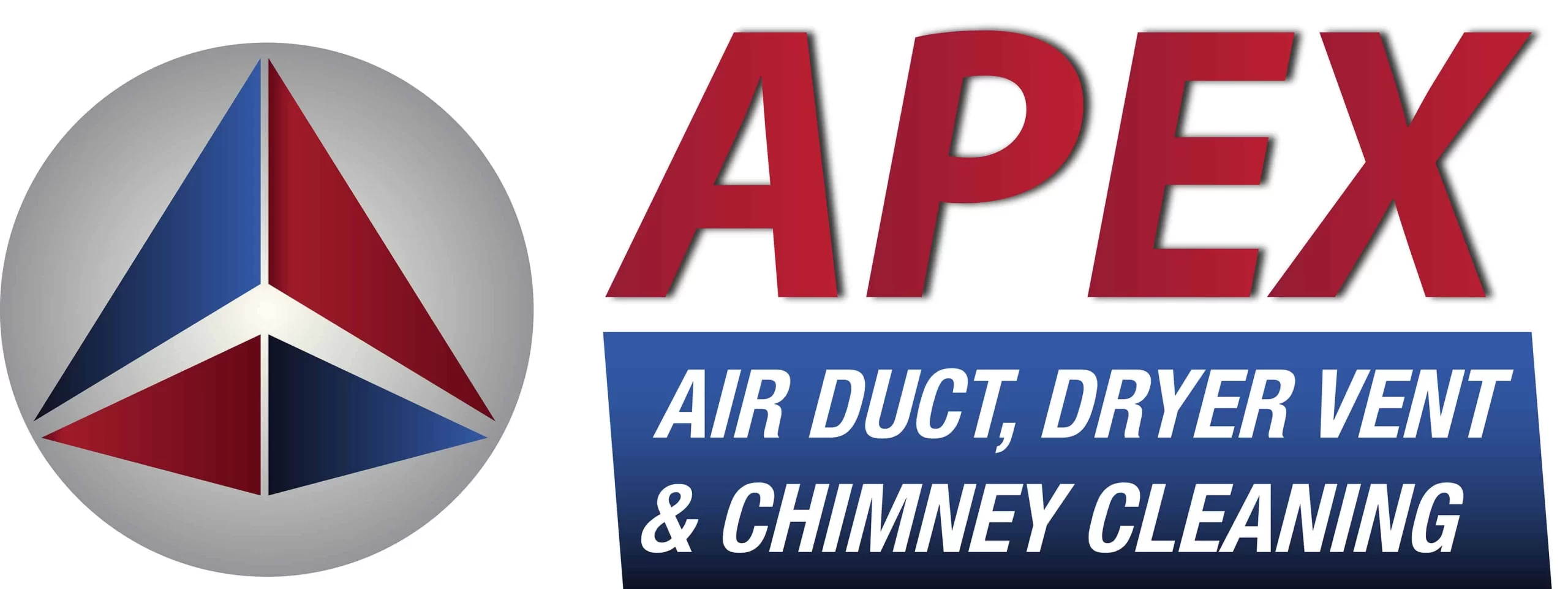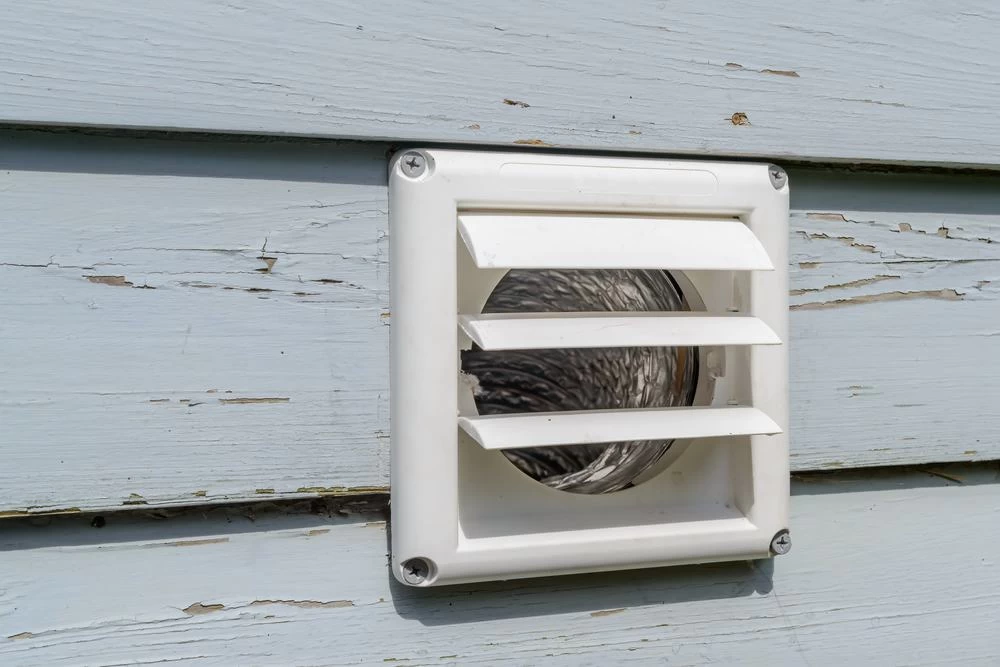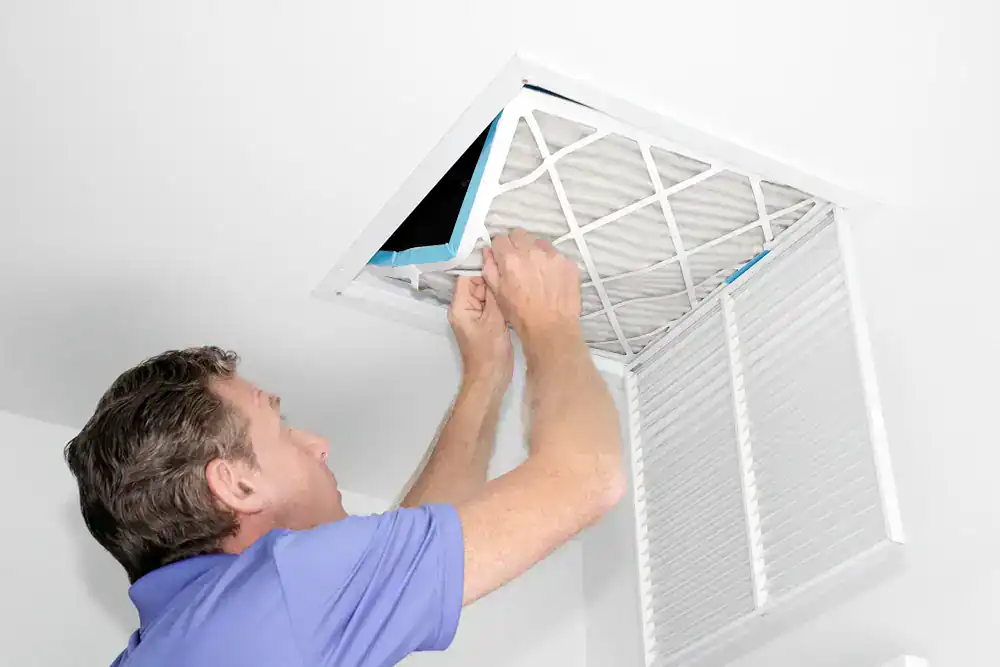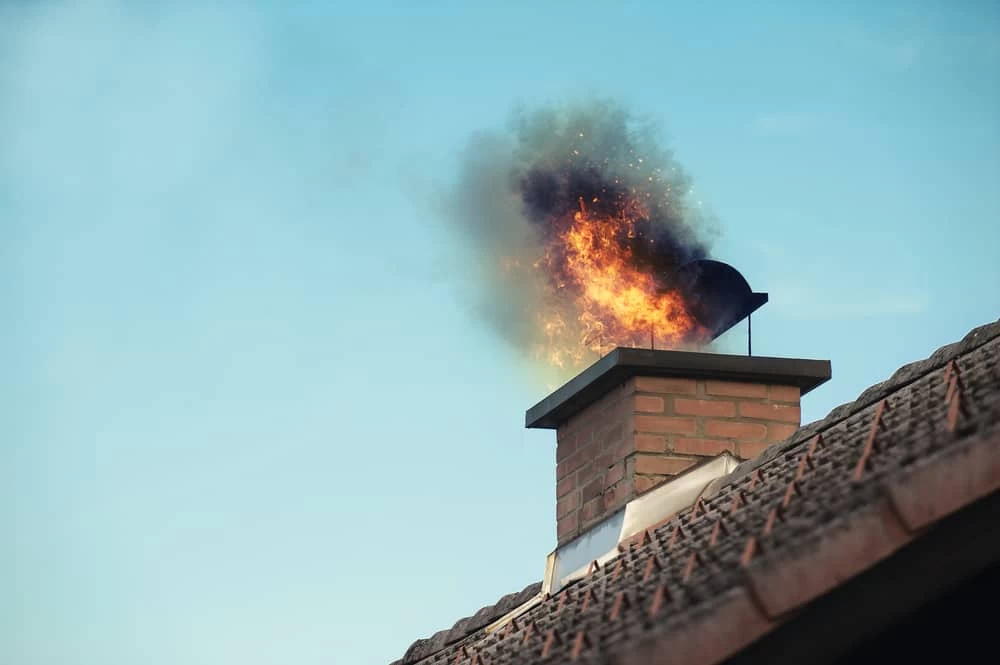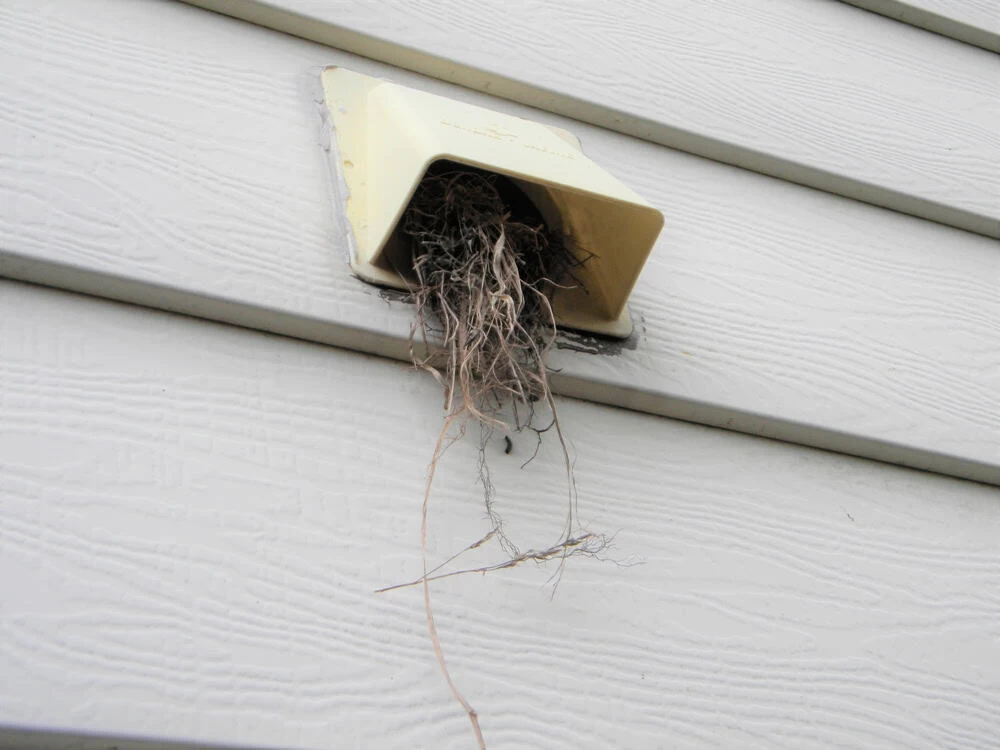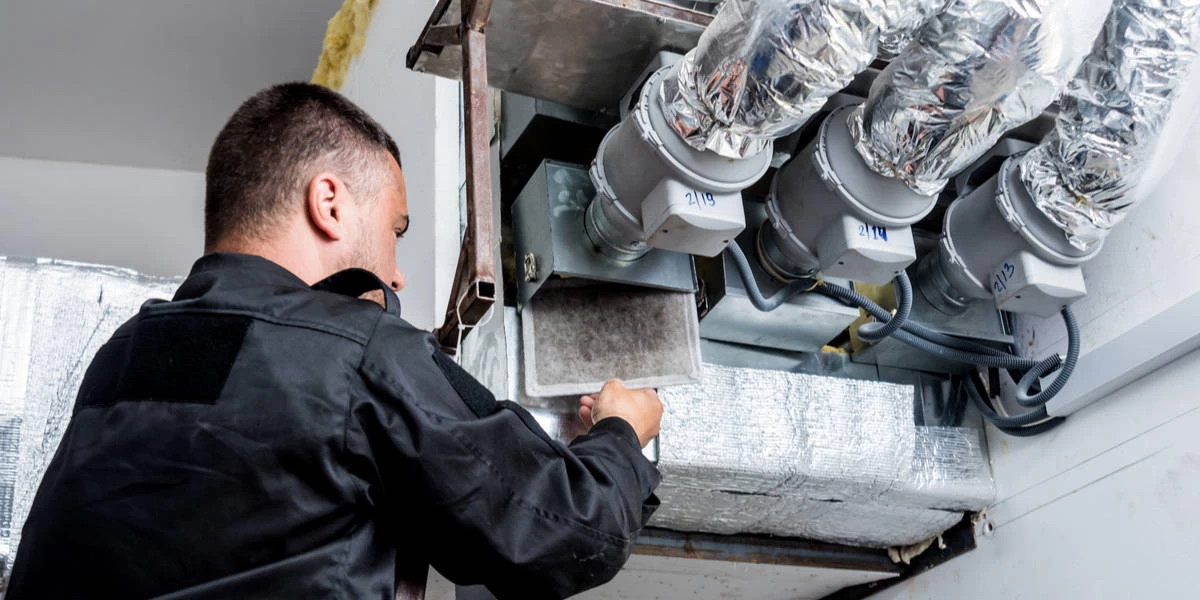Summary:
Air Duct Cleaning New Jersey: Why Fall Is the Perfect Time
Fall represents the ideal window for air duct cleaning in New Jersey homes. Your HVAC system has worked overtime during the hot summer months, accumulating dust, allergens, and debris that will circulate through your home once heating begins.
New Jersey’s extended allergy season runs from mid-February through late fall, making clean air ducts essential for family health. Indoor air quality becomes even more critical during winter when homes stay sealed tight against cold weather.
Professional air duct cleaning removes the buildup that forces your heating system to work harder, reducing energy efficiency and increasing utility bills during the most expensive heating months.
What Happens Inside Your Air Ducts During Summer
During New Jersey’s humid summers, your air conditioning system pulls moisture from the air while circulating cool air throughout your home. This process creates the perfect environment for dust, pollen, and organic matter to accumulate inside your ductwork.
Pet dander, cooking particles, and outdoor allergens get trapped in the system. Dead skin cells and fabric fibers add to the mixture. By fall, this debris forms a coating inside your ducts that restricts airflow and provides food for bacteria and mold spores.
When you switch to heating mode, this contaminated air gets heated and distributed throughout your living spaces. Family members with allergies or respiratory conditions often notice symptoms worsen during the transition to heating season.
The National Air Duct Cleaners Association recommends cleaning every three to five years, but New Jersey’s high pollen counts and humid climate often necessitate more frequent service. Homes with pets, smokers, or family members with allergies should consider annual cleaning.
Professional cleaning involves accessing your entire duct system, using specialized equipment to dislodge debris, and removing contaminants with powerful vacuums. The process typically takes four to six hours and includes cleaning supply and return ducts, registers, and the main trunk lines.
Signs Your New Jersey Home Needs Air Duct Cleaning
Several warning signs indicate your air ducts need professional attention before heating season begins. Visible dust around vents or on furniture shortly after cleaning suggests contaminated ductwork is distributing particles throughout your home.
Musty or stale odors when your HVAC system runs often indicate mold or bacterial growth inside the ducts. These smells become more noticeable when switching from cooling to heating mode because the temperature change activates dormant contaminants.
Increased allergy symptoms among family members, especially during seasonal transitions, frequently trace back to dirty air ducts. New Jersey residents dealing with ragweed, dust mites, and other regional allergens find relief after professional duct cleaning.
Higher than normal energy bills suggest your system is working harder due to restricted airflow. Dirty ducts force your HVAC equipment to run longer cycles to maintain desired temperatures, significantly impacting energy efficiency.
Uneven heating or cooling between rooms indicates blocked or contaminated ductwork preventing proper air distribution. Some areas may feel stuffy while others remain comfortable, creating an obvious imbalance in your home’s comfort levels.
If you notice any of these signs, scheduling professional air duct cleaning before peak heating season protects your family’s health and your wallet from excessive energy costs.
Chimney Safety and Dryer Vent Maintenance: Critical Fall Tasks
New Jersey law requires annual chimney inspections, making fall the logical time to address both chimney safety and dryer vent maintenance. These two systems pose serious fire risks when neglected, yet many homeowners postpone service until emergency situations arise.
Chimney maintenance involves more than just cleaning – it includes inspecting the structure, checking for water damage, and ensuring proper ventilation. Dryer vent cleaning prevents lint buildup that causes thousands of house fires annually.
Both services protect your home from fire hazards while improving system efficiency and reducing energy costs during the heating season ahead.
New Jersey Chimney Requirements and Safety Standards
New Jersey mandates annual chimney inspections for all homeowners with fireplaces, regardless of fuel type or frequency of use. This requirement exists because chimney problems develop gradually and often go unnoticed until they create dangerous conditions.
We perform professional chimney inspections by examining the interior structure using specialized cameras to identify cracks, blockages, or deterioration. Creosote buildup from wood burning creates highly flammable deposits that must be removed before each heating season.
Water damage represents the leading cause of chimney problems in New Jersey. Freeze-thaw cycles during winter can crack chimney crowns, allowing moisture to penetrate the structure. This water damage compromises the chimney’s integrity and creates safety hazards.
Bird nests and animal intrusions commonly occur during spring and summer months when chimneys remain unused. These blockages prevent proper ventilation and can cause carbon monoxide to back up into living spaces when heating systems operate.
Chimney caps and screens require inspection and maintenance to prevent water infiltration and animal entry. Missing or damaged caps allow rain, snow, and debris to enter the chimney system, causing extensive damage over time.
Our professional chimney services include cleaning, inspection, and minor repairs performed during a single visit. We identify potential problems before they become expensive emergencies, ensuring your fireplace operates safely throughout the heating season.
Dryer Vent Fire Prevention: A Critical Safety Priority
Over 24,000 house fires annually result from faulty dryer vent installations and inadequate maintenance. New Jersey’s Consumer Product Safety Commission statistics show these fires cause nearly $100 million in property damage each year, making dryer vent cleaning a critical safety priority.
Lint accumulation restricts airflow, causing dryers to overheat and potentially ignite the flammable material. During a normal drying cycle, up to one gallon of water vapor carries lint particles through the vent system to the exterior of your home.
Fall cleaning becomes essential because increased laundry loads during colder months accelerate lint buildup. Heavier clothing items like sweaters, blankets, and coats produce more lint than summer garments, creating dangerous accumulations faster than many homeowners realize.
Warning signs include clothes taking longer to dry, the dryer feeling hot to the touch, or a burning smell during operation. These symptoms indicate restricted airflow that forces your dryer to work harder and consume more energy.
Our professional dryer vent cleaning involves disconnecting the dryer, accessing the entire vent run, and removing all lint and debris using specialized equipment. We also inspect the exterior vent hood to ensure proper operation and adequate airflow.
The service typically takes one to two hours and immediately improves dryer efficiency while eliminating fire hazards. Many homeowners notice significantly shorter drying times and lower energy bills after our professional cleaning, making the investment pay for itself through reduced utility costs.
Creating Your Fall Home Safety Action Plan
Your fall maintenance checklist should prioritize air duct cleaning, chimney inspection, and dryer vent service as essential safety measures. These three services work together to protect your family from fire hazards, improve indoor air quality, and reduce energy costs during expensive heating months.
Schedule these services early in the fall season, ideally between September and early October, before heating demands increase and service providers become fully booked. We often offer package deals for multiple services, providing cost savings while ensuring comprehensive home safety.
Don’t wait for warning signs or emergency situations to address these critical maintenance needs. Proactive service protects your family’s safety and your home’s value while providing peace of mind throughout the heating season. Contact us at Apex Air Duct Cleaning & Chimney Services to schedule your comprehensive fall maintenance and ensure your New Jersey home is ready for winter.
